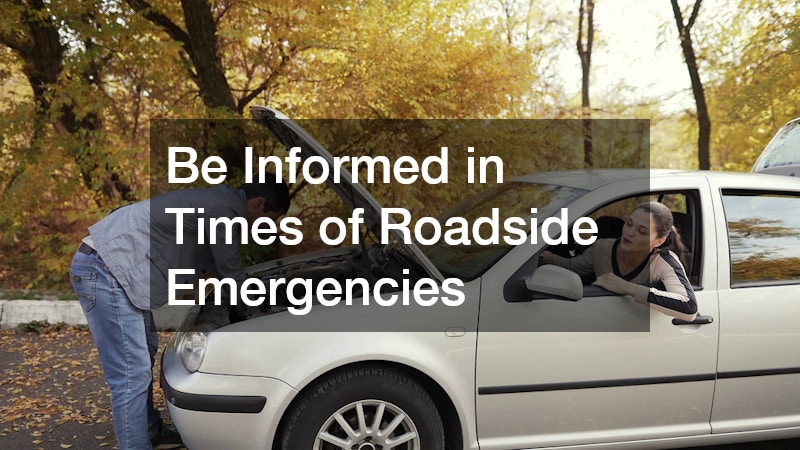
In today’s society, towing services are an essential component of road safety and vehicle maintenance. Whether you’re stuck with a flat tire on a busy freeway or your car refuses to start at the shopping mall, knowing what to expect when calling for a towing service can make the experience much smoother. Understanding the intricacies of towing services can empower drivers and alleviate some of the stress that comes with roadside predicaments.
How Long Will It Take for Towing Services to Arrive?
Factors Influencing ETA
The time it takes for a towing service to reach your location can vary based on several factors, including traffic conditions, weather, and your location relative to the service provider. Urban areas tend to have more accessible towing services, which can minimize wait times, whereas rural or remote locales might experience longer delays.
The availability of tow trucks and the workload of a service provider can also significantly impact response times.
Average Response Times
Most towing companies strive to reach their customers within a specific time window, often ranging from 30 to 60 minutes, although this can vary. During peak traffic periods or inclement weather conditions, response times might be extended due to increased demand and road congestion. Nevertheless, companies prioritize efficient dispatching and routing strategies to ensure that assistance is rendered promptly.
Communicating with Dispatch
When you call a towing service, effective communication with the dispatch team is crucial. Providing them with clear and concise information about your exact location and vehicle details allows for more accurate ETA predictions. Good communication not only aids in better service delivery but also ensures that drivers receive assistance suited to their specific situation sooner rather than later.
What Are the Costs Associated with Towing Services?
Basic Towing Costs
The cost of towing services usually includes a base fee and a mileage rate. Base fees can vary depending on the region and service provider but are generally a flat fee for hook-up. The mileage rate is an additional charge that depends on the distance your vehicle needs to be towed to the desired location.
Additional Fees and Charges
Be aware that some situations may incur additional costs, such as requiring specialized equipment or services, after-hour services, or long-distance towing. Towing a vehicle from difficult or hazardous locations might necessitate special gear or expertise, which could increase the cost. It’s essential to inquire upfront about any potential extra charges to avoid surprises when you receive the bill.
Insurance and Coverage Options
It’s worth checking if your car insurance or auto club membership covers towing services, which could save you money out of pocket. Many auto insurance policies include roadside assistance that covers towing, which can be a cost-effective solution. Enrolling in an auto club with towing benefits can also provide peace of mind, ensuring that you’re covered in case of unexpected breakdowns.
What Information Should You Provide When Making the Call?
Location Details
Clearly communicate your current location, nearby landmarks, and any useful identifying features to ensure the tow truck can find you easily. Use precise descriptions like street names, exit numbers, or GPS coordinates if available, to facilitate quick navigation. Providing accurate location details minimizes the risk of delays and ensures faster response times from the towing team.
Vehicle Information
Provide specific details about your vehicle, such as the make, model, and color, to help the towing company prepare accordingly. It’s also beneficial to mention any unique attributes, like modifications or vehicle size, that might affect the towing process. Properly relayed vehicle information helps tow truck operators select the right equipment to safely and effectively handle the job.
Nature of the Issue
Describing the problem you’re experiencing with your vehicle can help the towing company determine the appropriate equipment and expertise required. Whether you have a mechanical failure, flat tire, or dead battery, conveying the issue allows the dispatcher to anticipate potential needs. This proactive approach guarantees that the towing service arrives prepared, equipped with the necessary tools to resolve the situation swiftly.
Making a towing service call doesn’t need to be a stressful experience. With the right approach and a bit of preparation, you can turn an unexpected roadside issue into a manageable situation. By understanding what to expect during the towing process, preparing the necessary details ahead of time—such as your exact location, vehicle type, and the nature of the problem—and having a general idea of the potential costs involved, you can significantly reduce anxiety and confusion.
It’s also helpful to know the different types of towing services available, whether you need a flatbed tow, wheel-lift, or roadside assistance like a jumpstart or tire change. Taking a few moments to research reputable local providers in advance can also make a big difference when time is of the essence.
In times of roadside emergencies, being informed is your greatest ally. It empowers you to make quick, sound decisions and communicate clearly with the towing operator. With a calm and confident approach, you’ll be better equipped to navigate the situation efficiently, ensuring your safety and minimizing disruptions to your day.



